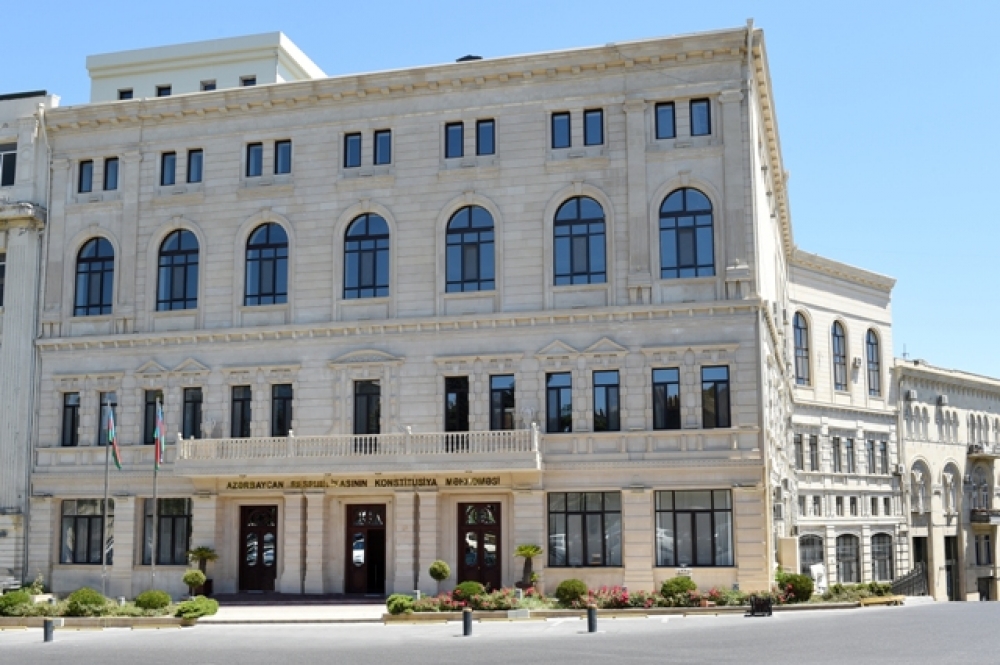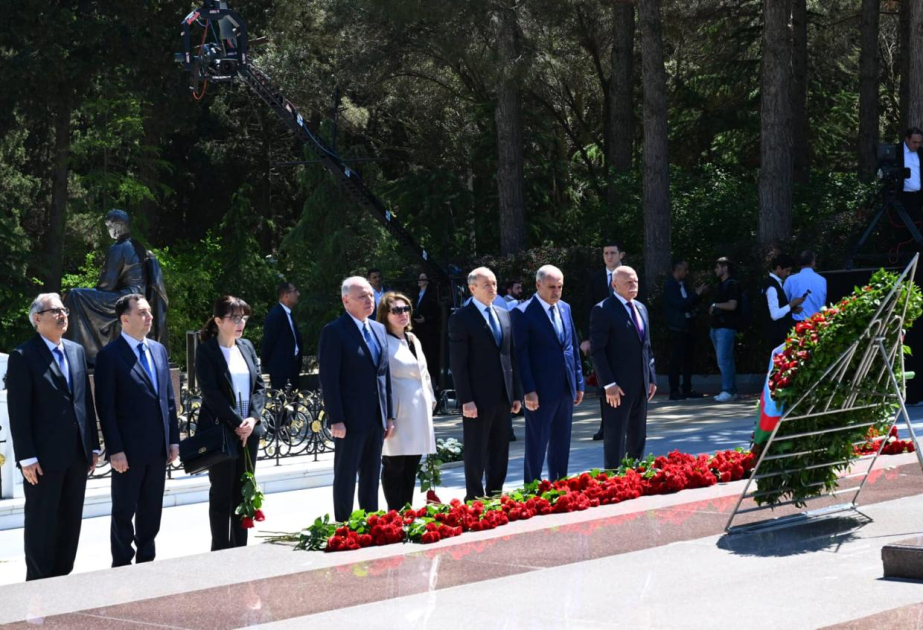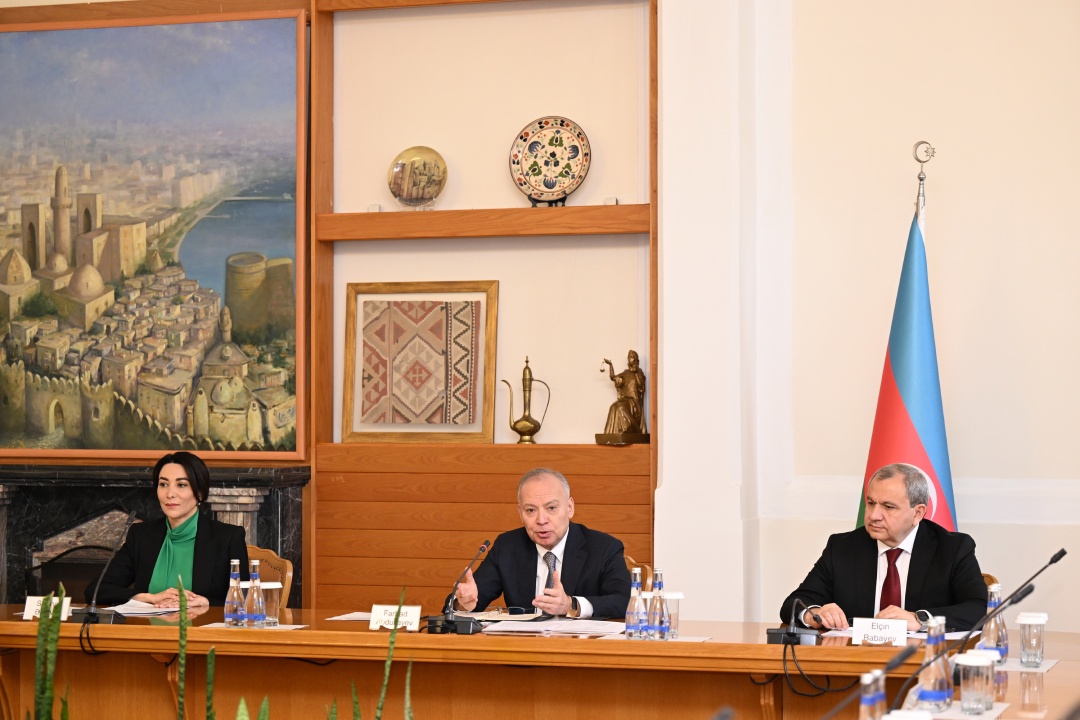14.11.2022
Plenum
of the Constitutional Court of the Republic of Azerbaijan, chaired by Farhad
Abdullayev, held a session via the written procedure of special constitutional
proceedings.
At the court session was examined the constitutional
case based on the request submitted by the Court of Appeal of Ganja
city on the related interpretation
of Articles 177 and 178 of the Criminal Code of the Republic of Azerbaijan in
terms of Part I of Article 25 of the Constitution of the Republic of Azerbaijan
and Articles 318 and 391.8-1 of the Criminal Procedure Code of the Republic of
Azerbaijan
Having
heard the report of Judge C.Qaracayev, studied and discussed reports of
representatives of interested parties – Chairman of the Criminal Board of the Court of Appeal of Ganja
city
T.Mukhtarov and Head of the State Building, Administrative and Military
Legislation Department of the Milli Majlis (Parliament) of the Republic of
Azerbaijan H.M.Seyid, conclusions of specialists – Chairman of the
Criminal Board of the Supreme Court of the Republic of Azerbaijan H. Nasibov,
Head of the Department of Legal Support and Human Rights Issues of the General
Prosecutor's Office A.Osmanova the Plenum of Constitutional Court of the Republic of
Azerbaijan adopted decision.
The decision states that in cases where the acts
expressed in deception aimed at obtaining a payment card are carried out in
order to facilitate access to funds for the purpose of secret theft, this act
should be qualified not as fraud in accordance with Article 178 of the Criminal
Code of the Republic of Azerbaijan, but as theft in accordance with Article 177
of the same Code.
According to the meaning of Article 318 of the
Criminal Procedure Code of the Republic of Azerbaijan, if the presence of signs
of a more serious crime is determined in the actions of the accused during the
trial, the court cannot make a decision to aggravate the charge on its own
initiative.
According to the requirements of Article 391.8-1 of
the Criminal Procedure Code of the Republic of Azerbaijan, the court of appeal
instance may decide to return the case to the court of first instance if there
is an appropriate protest against the accusation of a more serious crime
compared to the previous accusation.
The decision comes
into force from the date of its publication, is final, and may not be
cancelled, changed or officially interpreted by any institution or official.

















